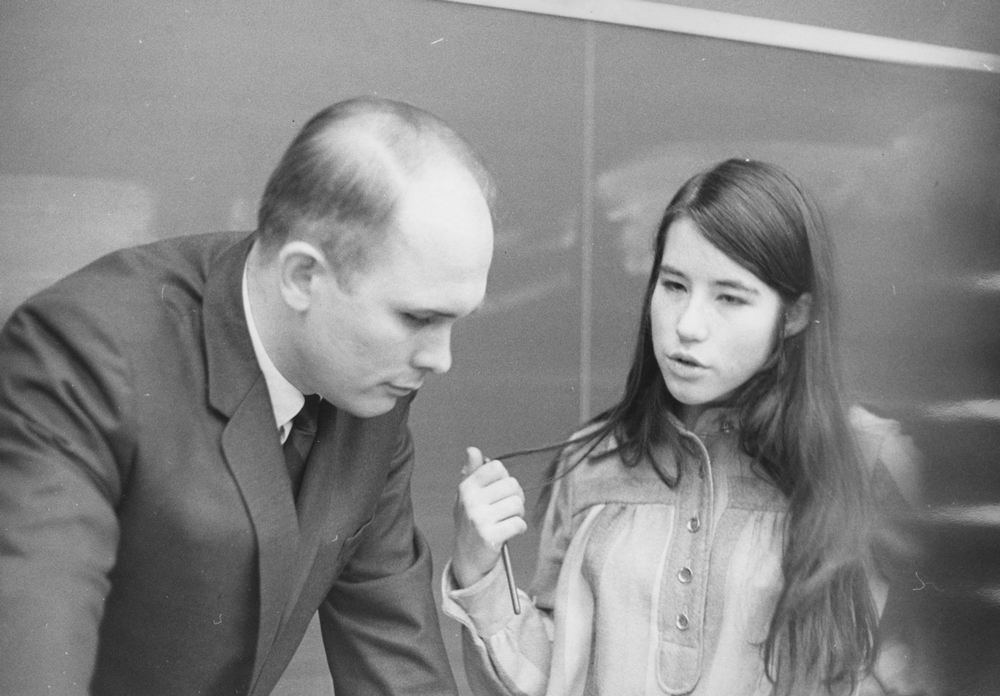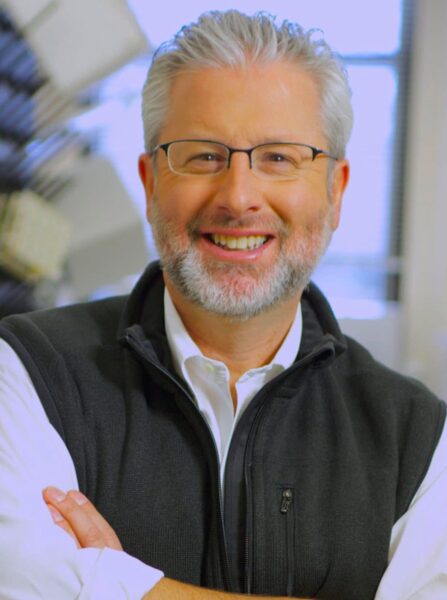Students hoping to study abroad next year have a new opportunity to do so by spending three quarters attending local universities in Barcelona. The University of Chicago Academic Year Program in Barcelona will offer students a completely immersive experience, allowing them to enroll and take classes alongside Spanish students.
The program is sponsored by the Consortium for Advanced Studies in Barcelona (CASB), a group of private research universities that includes the U of C, Brown University, Cornell University, Harvard University, Northwestern University, and Princeton University.
Most of the coursework, conducted either in Spanish or Catalan, will take place at the University of Barcelona, the Autonomous University of Barcelona, and Pompeu Fabra University in Barcelona.
“These are among the leading institutions of higher education in Spain,” said Francisco Santamarina, associate director of Study Abroad.
The University expects six students for the program’s inaugural year, according to Santamarina.
“The program will begin with a seminar covering Spanish and Catalan language, history, and culture,” said Study Abroad director Lewis Fortner.
Along with the seminar, there will also be two courses designed for program participants: one taught by a visiting professor from one of the CASB universities and another by the resident director of the program.
Barcelona, a city renowned for its progressive activism and dynamic architecture, arts, and culture, is not unfamiliar to U of C students hoping to study abroad. The University of Chicago-sponsored winter quarter Barcelona program has just entered its 10th year.
University professor Mario Santana, an expert in Spanish and Catalan literature, who helped institute the winter quarter program, is also one of the architects of the new program. Unlike the winter quarter program, which is geared toward English-speaking U of C students, the new program has a greater emphasis on language and culture.
“Students study their subject individually by taking regular courses alongside regular students,” Fortner said. “Program participants will also live in student residence halls alongside Spanish and other international students. They will remain registered at Chicago, pay regular tuition, retain their financial aid eligibility, and receive full credit for their work in Spain.”
According to Santamarina, students are also expected to explore Barcelona in addition to their academic endeavors.
“There will be both local and regional excursions as well as museum visits,” he said.
Second-year Spanish is a prerequisite for the program, but interested students do not need to be Spanish majors. Eligible students should be third- or fourth-year students.








